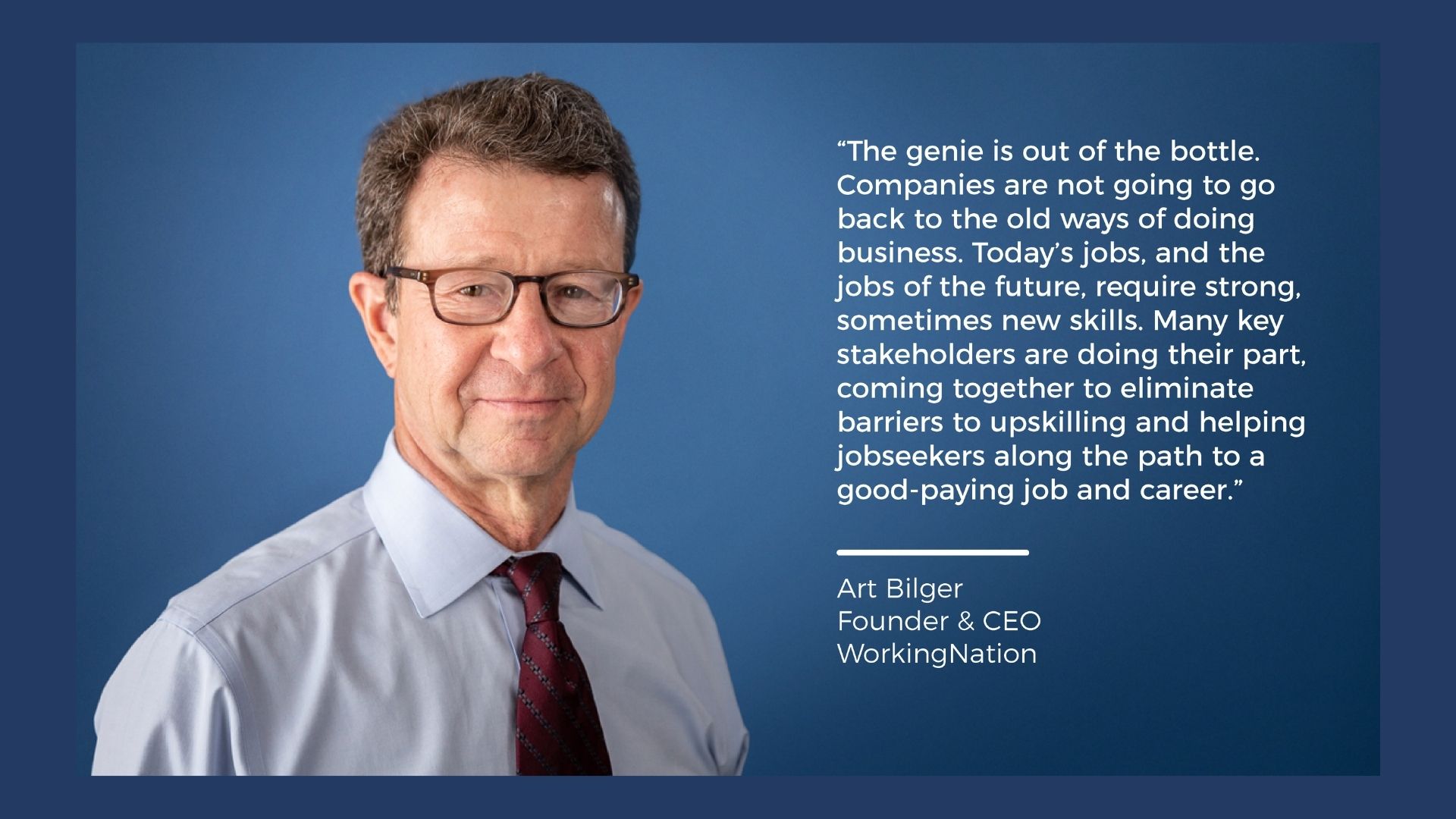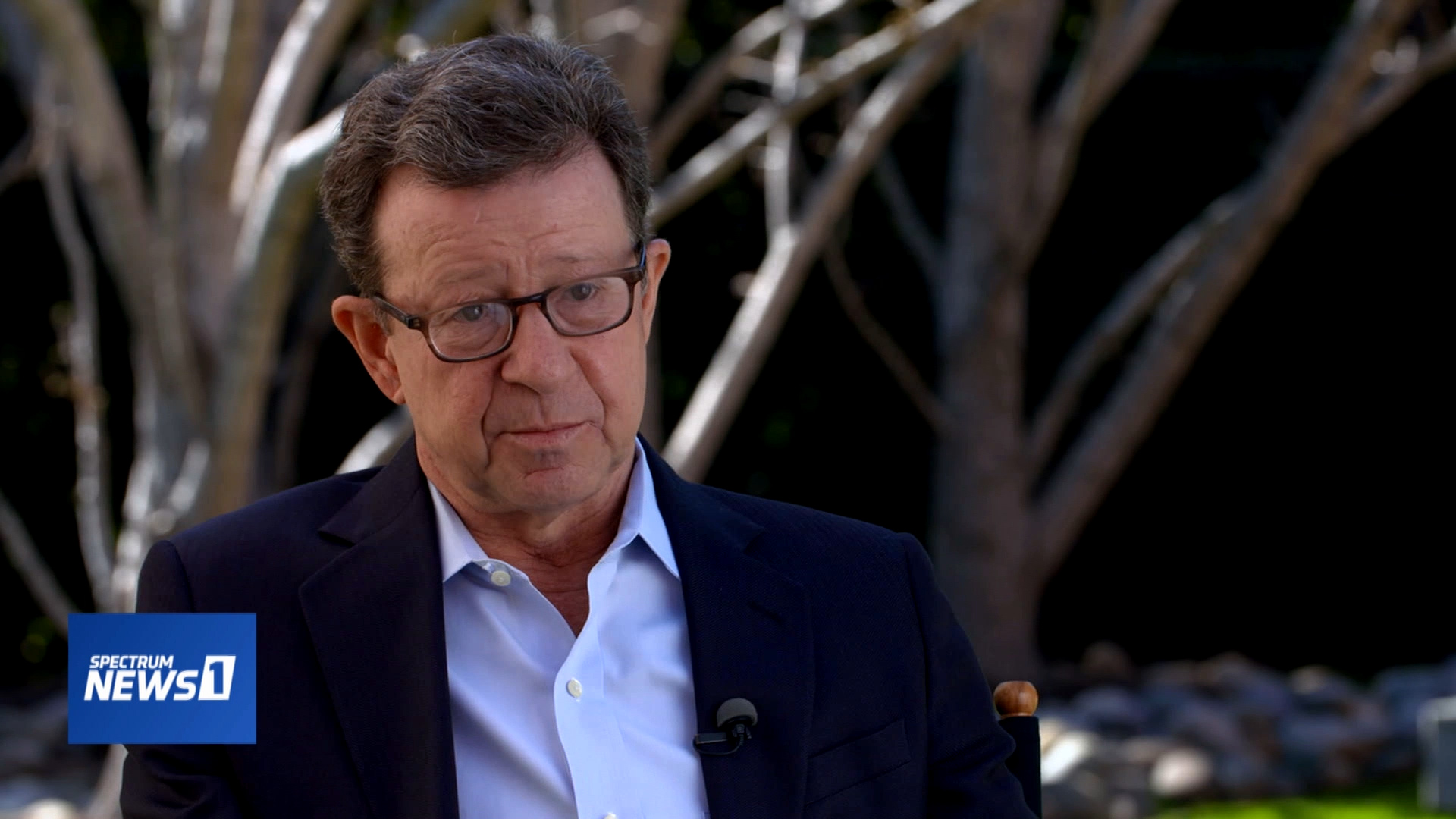As of December 2016, the national unemployment rate in the country sat at around 4.7 percent, however, some states, like Georgia, are a bit worse off.
WorkingNation Founder and CEO Art Bilger appeared on Georgia Public Broadcasting radio show, On Second Thought with Celeste Headlee, to talk about what is contributing to the fact that Georgia ranks 12th in the nation for the highest rate of eligible workers who are unemployed.
The reasons some communities are struggling in today’s labor market are due to four variables, which impact geographic regions differently: globalization, technology, longevity (people are living and working longer), and education not keeping pace with the needs of the changing jobs and skills. It’s these variables, Bilger says, all coming for the first time in history that are creating significant problems in the workforce for the lower middle-class, upper middle-class, middle middle-class, and beyond.
“Never before have we had to re-educate, re-train all the 48-year-olds in this country,” he adds.
So what is the answer, is this higher unemployment rate a new normal?
As Bilger explains in his interview, he believes, “the solutions to this are largely at the local level — not at the federal level. It’s not to say that federal tax policy and budget policy can’t have influence, but the solutions are created at the local level. It’s corporations, it’s not-for-profits, it’s academic entities, it’s local government working together in different combinations.”
What these entities can do is identify what the needs are for their workforce and what missing elements are keeping their workforce from succeeding. Examples would be for employers to work with K-12 schools and community colleges to develop coursework and hands-on learning opportunities that teach students the new skills needed in a 21st century workforce; for local governments and not-for-profits to help low-income unemployed workers or workers who have lost their jobs to technological advancements to get re-trained for the new jobs.
There are solutions in practice all around the country, some of which we have highlighted here at WorkingNation. Bringing more awareness to them on local and national levels will help those who need it and those who can use them as a model for their own communities.
While some fields may be seeing stagnation or a loss of jobs, others are growing and show a promising future. Three areas, Bilger cites in his interview, where people can look to find jobs are in home health care, data and analytics, and not-for-profits.
In regards to home health care, “We’re talking about 3-4 million jobs in the next 10-15 years […]”
Data and analytics is an area Bilger says will influence every aspect of business, government, and not-for-profit world.
Speaking of the not-for-profit world, Bilger says,” Today, the not-for-profit world probably represents 6-7 percent of the GDP, and people don’t really think about that from a jobs standpoint. It actually will be one of the greatest growth areas for jobs in this country.”
You can listen to Bilger’s full interview below.











